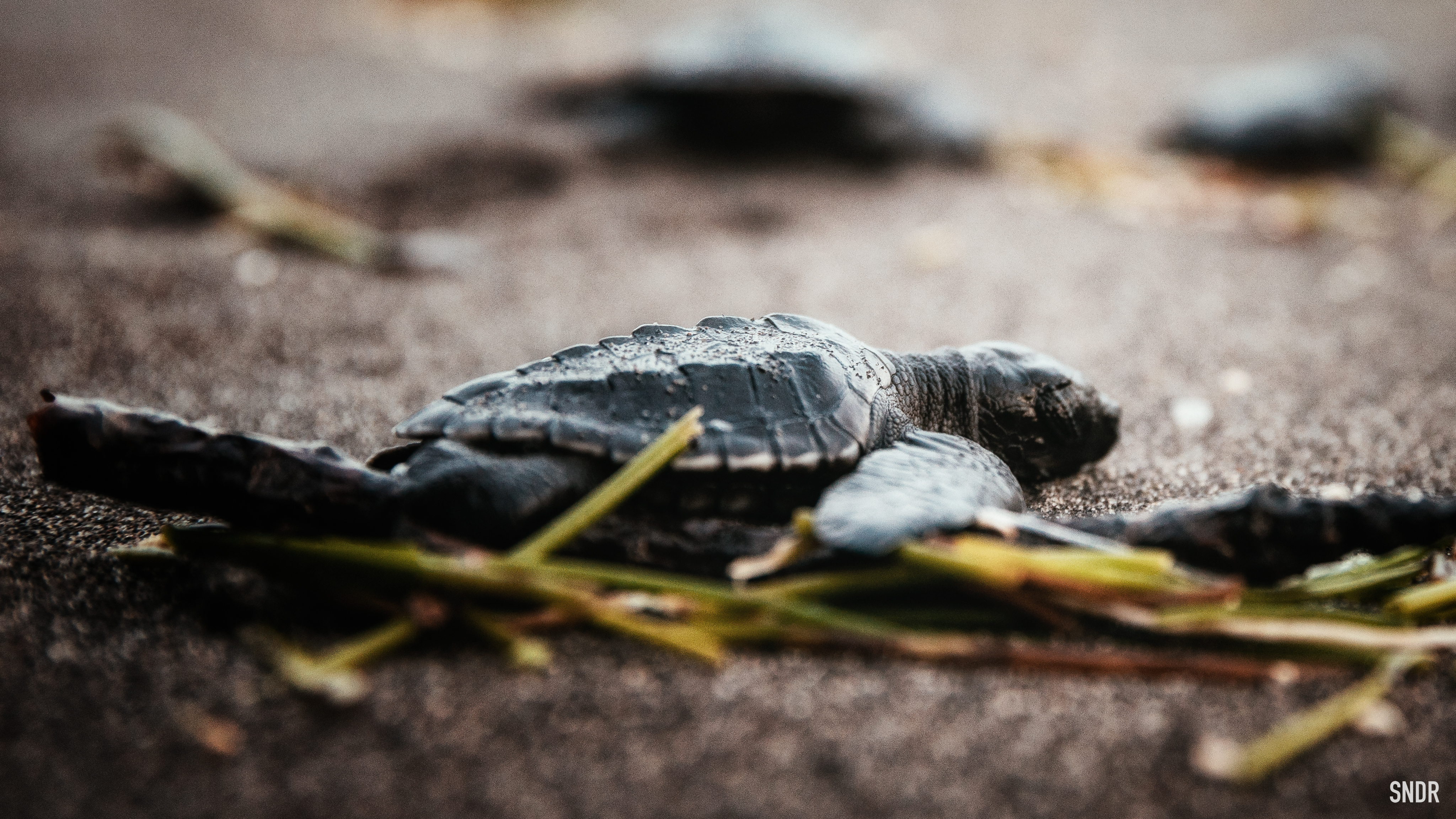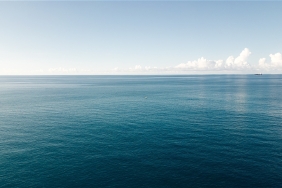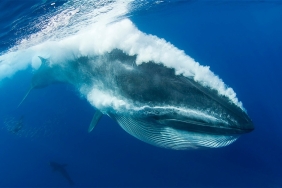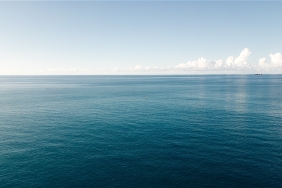SEA COFFEE #1 MARINE BUDDIES DENPASAR INVITES THE PUBLIC TO BE 'LITERATE' ON BYCATCH ISSUES IN INDONESIA (1)
By:
- Eta Yuspita (Marine Buddies Denpasar Community); and
- Nisa Syahidah (Sunda Banda Seascape Communication & Campaign Assistant, WWF-Indonesia)
That day (4/3), the semi-open space of Rumah Sanur - the coworking space that is also one of the creative hubs on the Island of the Gods - was crowded with the public for the Marine Buddies Denpasar Community's first Marine Coffee event.
Around sixty people from students; academics; hotels; 'green' and 'blue' communities, NGOs; media; and environmentalists gathered for a casual discussion on the issue of bycatch, which is currently one of the major threats to the survival of marine life (such as turtles and sharks) and fisheries in Indonesia.
The Sea Coffee entitled "Getting to Know Bycatch, Changing the Fate of Sharks and Turtles in Fishermen's Nets" presented several speakers, namely Eloq Faiqoh, lecturer at the Faculty of Fisheries and Marine Sciences, Udayana University; Permana Yudiarso, Section Head of the Denpasar Coastal and Marine Resources Management Center (BPSPL); and Wahyu Teguh Prawira, Bycatch Hook & Line Officer, WWF-Indonesia.
"Bycatch is a bycatch obtained by fishermen, which is not their main target. The impact of bycatch is no joke either. Not only can it cause the extinction of protected species such as sea turtles; sharks, dolphins; whales; and manta rays, but it also creates food chain imbalance and instability of the marine ecosystem," said Eloq Faiqoh, when opening the casual discussion session that afternoon.
"Every year, 250,000 sea turtles; 100 million sharks; and 300,000 dolphins and whales become 'victims' of bycatch in the world's waters. About 40% of this bycatch is dumped into the ocean and most of it leads to death for these animals," said Permana Yudiarso.
"Until now, the Government of Indonesia has made various efforts to prevent and reduce the threat of bycatch in Indonesia, such as establishing protection status, export bans, and regulating fishing on the high seas," he added.
Wahyu Teguh Prawira also said that the cause of bycatch is the use of fishing gear (API) that is less selective and not environmentally friendly. In Indonesia, longline (longline) and gill net (gill net) are APIs with high potential for bycatch.
"As an effort to mitigate bycatch on longline API, WWF-Indonesia has conducted socialization and technology trials in the three largest tuna ports in Indonesia, namely Benoa Port, Bitung Ocean Fishing Port, and Nizam Zachman Ocean Fishing Port (Muara Baru).
One of the mitigation tools on the longline is the circle hook, which is a hook designed to curve like the letter 'C' with a diameter tailored to the fishermen's target catch. This tool serves to avoid catching sea turtles on the longline and reduce the risk of the fishing line being swallowed by the animal," explained the man who has dedicated himself to training fishermen in bycatch handling in 123 locations in Indonesia.
"In addition to circle hook, there is a green LED light (light stick) that can prevent sea turtles from the net. So far, the use of this technology has succeeded in reducing the number of turtles caught in gill nets by 75% in Liku Village, West Kalimantan," Teguh said, adding to the list of concrete steps taken by the government to reduce the number of turtles caught in Indonesia.




